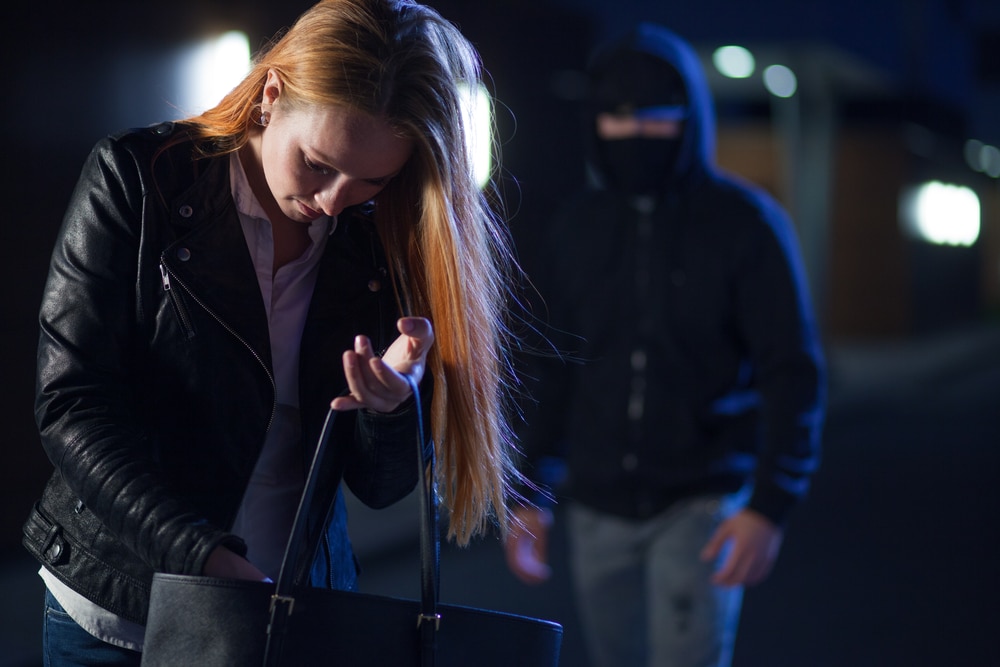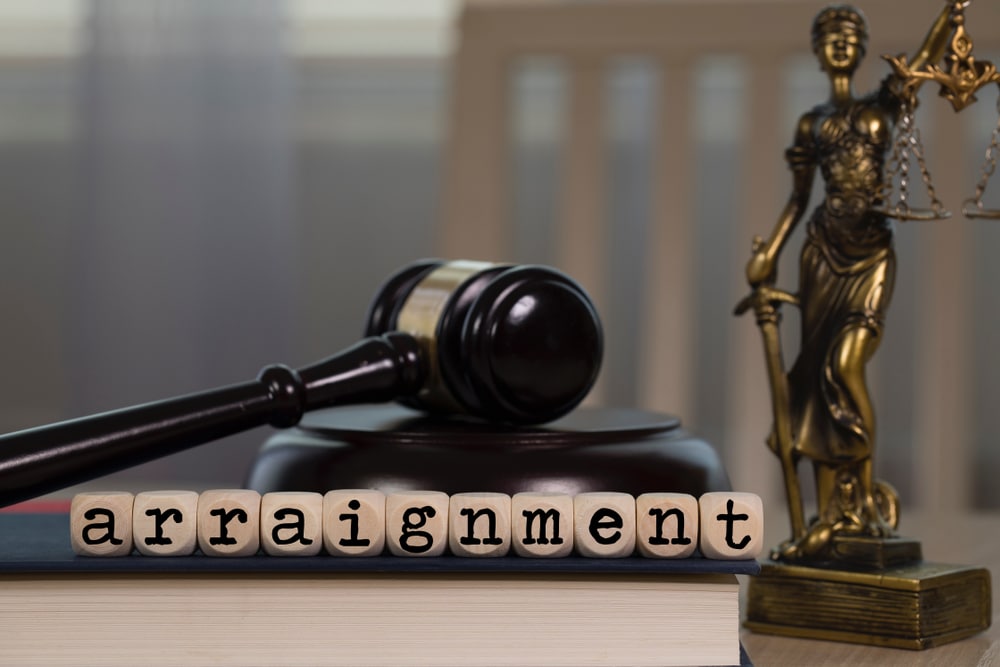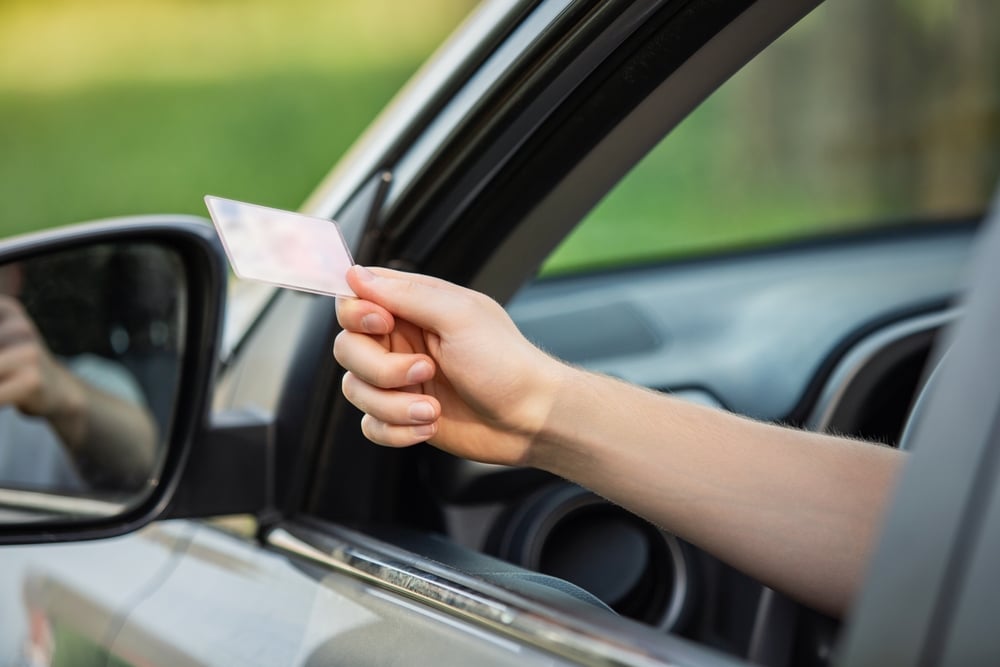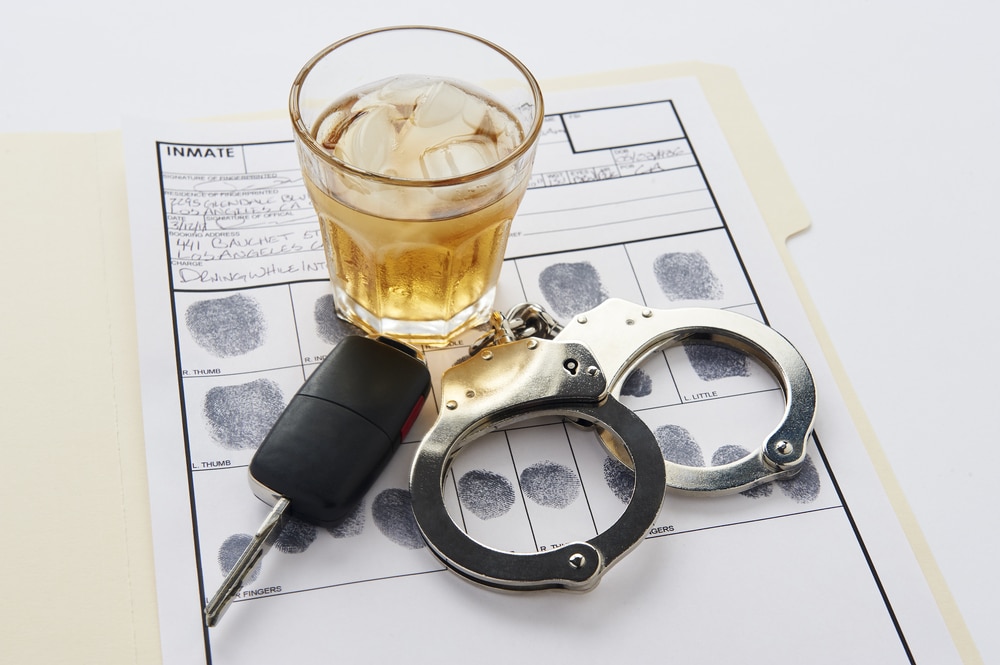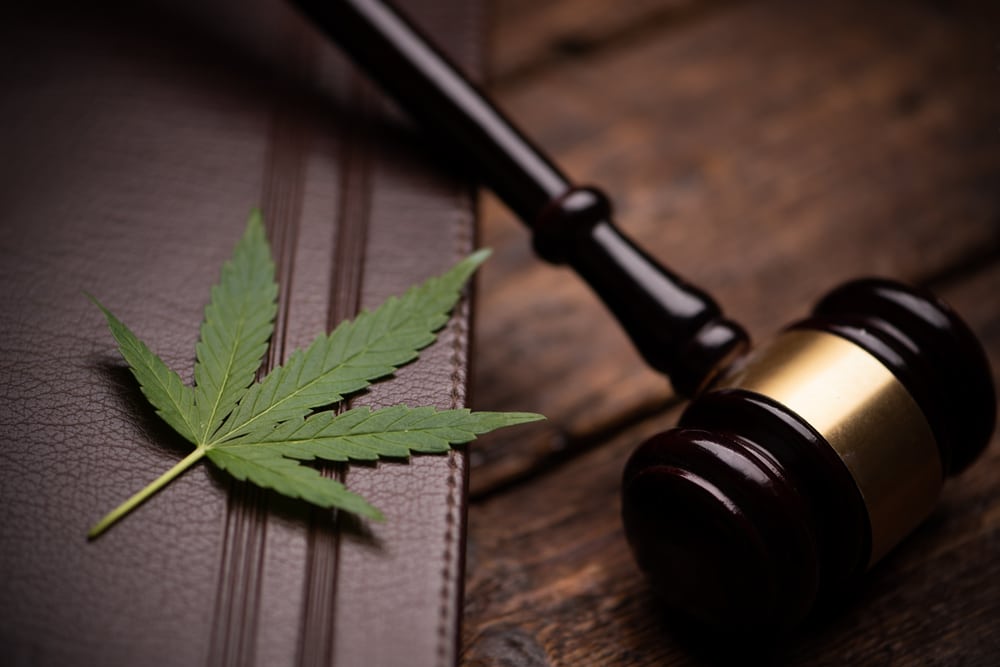New York law permits the use of self-defense, also referred to as “justification,” in limited situations. Notably, it is a defense that may be asserted in specific cases where the defendant’s use of physical force would otherwise constitute a criminal act. Cases involving self-defense can be extremely complex — but when justification exists, a defendant may be able to avoid criminal prosecution.
What Constitutes Self-Defense?
Article 35 of the New York Penal Law outlines when an individual is justified in using physical force in self-defense, or in the defense of others. Under the statute, a person can use the amount of physical force they reasonably believe is necessary to defend themselves or others from what they reasonably believe to be the illegal imminent use of force or the illegal use of force.
There are only certain circumstances under which a person can assert the justification of self-defense in cases involving deadly force. Since New York imposes a duty to retreat, it is only permissible to use deadly physical force when there is no other option.
Situations where deadly force can be used in self-defense include circumstances involving:
- Kidnapping
- Forcible rape
- Robbery
- Arson
- Burglary
Importantly, you cannot use the justification of self-defense if you were the person who started the fight — unless you withdrew from it and communicated your withdrawal. The defense of justification will also fail if you were the initial aggressor. In other words, if you provoked the other person to attack with the intent to cause physical injury to them, the self-defense justification may not apply.
Understanding New York’s Castle Doctrine and the Duty to Retreat
When it comes to self-defense, New York law recognizes both a “duty to retreat” and the “castle doctrine.” It’s important to understand the difference between these two concepts and how they apply in scenarios involving the use of deadly force.
The duty to retreat means that a person has an obligation to take reasonable steps to mitigate the risk of harm before they can use deadly force. However, the duty to retreat is fact specific and requires actual knowledge of a safe retreat. For instance, if someone pulls out a firearm and shoots it in your direction, you might be justified in asserting deadly force in order to protect yourself — unless you knew of a way in which you could retreat to complete safety.
Notably, there is no duty to retreat inside one’s home under New York law. Under the castle doctrine, an individual is permitted to use deadly force to defend themselves and their family inside their home against an intruder. In these cases, you do not have to retreat to a different room — the law allows you to stand your ground.
Contact an Experienced New York Criminal Defense Attorney
If you have been charged with a crime for acting in self-defense, it’s vital to have an experienced criminal defense attorney on your side who can fight for your rights. The attorneys at D’Emilia Law offer skillful counsel and committed representation for those who have been charged with a crime for acting in defense of themselves or others and work relentlessly to obtain the best possible outcome for every client. To schedule a consultation, contact us at 1-888-DEMILIA.

